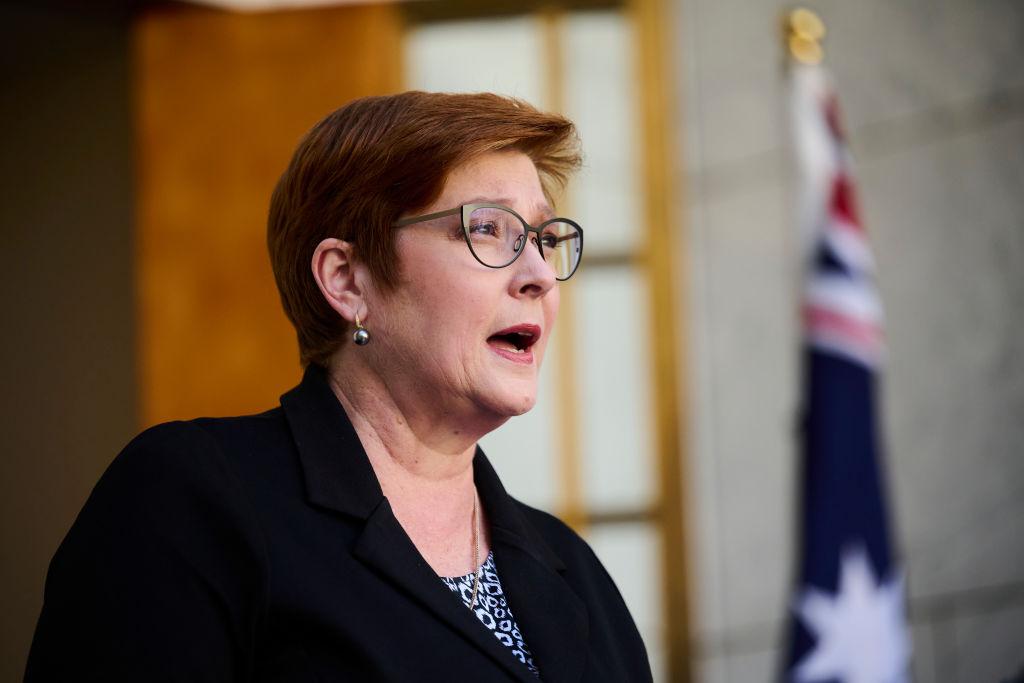Australia will soon prohibit the import of oil, natural gas, coal, refined petroleum products, and other energy products from Russia, the country’s Department of Foreign Affairs and Trade (DFAT) announced on March 11.
The sanctioned products are specified in a document titled “Autonomous Sanctions (Import Sanctioned Goods—Russia) Designation 2022,” registered on the Federal Register of Legislation on March 11.




